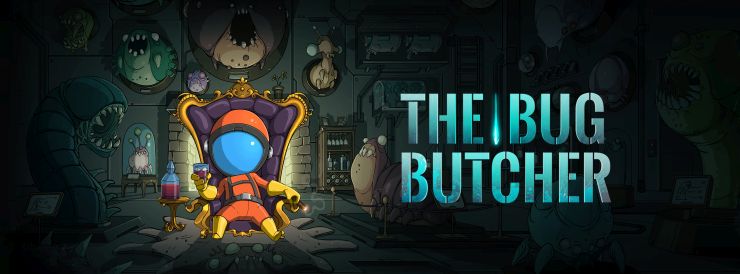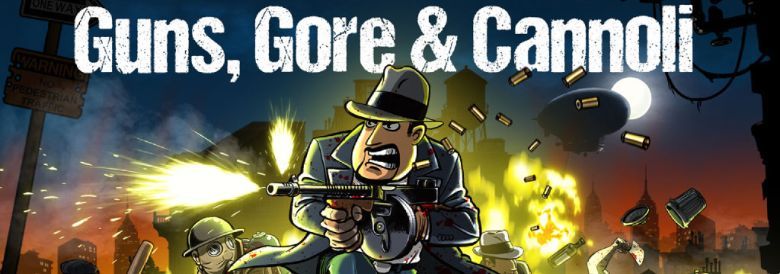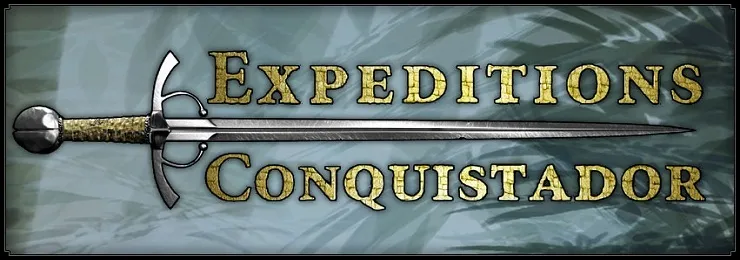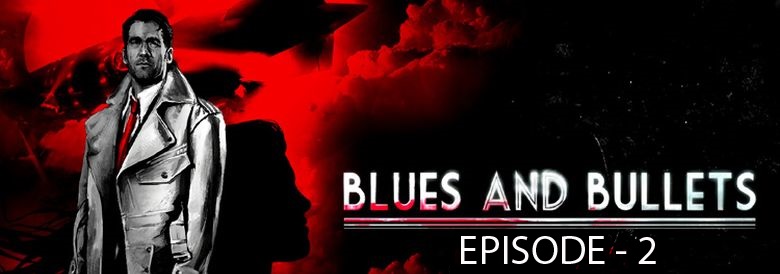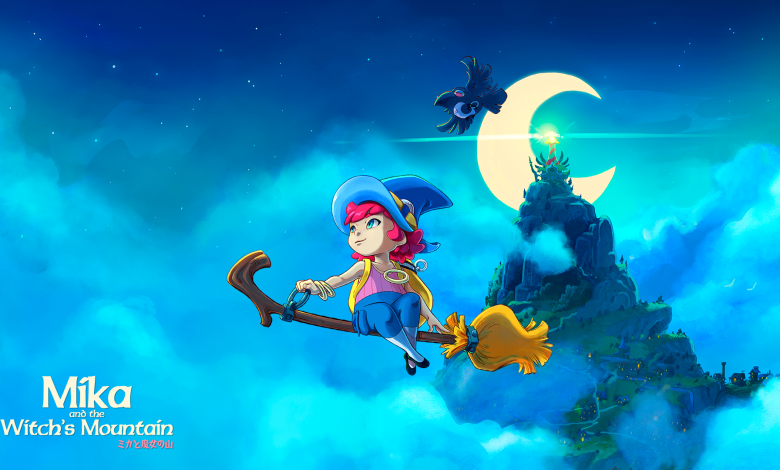
MIKA AND THE WITCH’S MOUNTAIN
It's impossible for a person to get into modern pop culture and not sooner or later detect the general influence of the iconic Studio Ghibli. In the case of Mika and the Witch's Mountain, we have the full imbibing of Ghibli's legacy as it pays homage to Kiki's Delivery Service (1989), the wonderful coming of age story that in turn was based on Eiko Kadono's original book of the same name. Beyond the explicit reference to that work, the game also engages in conversation with the wider world and aesthetic of the studio's works such as Princess Mononoke (1997) and Laputa: Castle in the Sky (1986), while also connecting to the universe created by its creator, Chibig games (Deiland Pocket Planet, Summer in Mara, Koa and the Five Pirates of Mara).
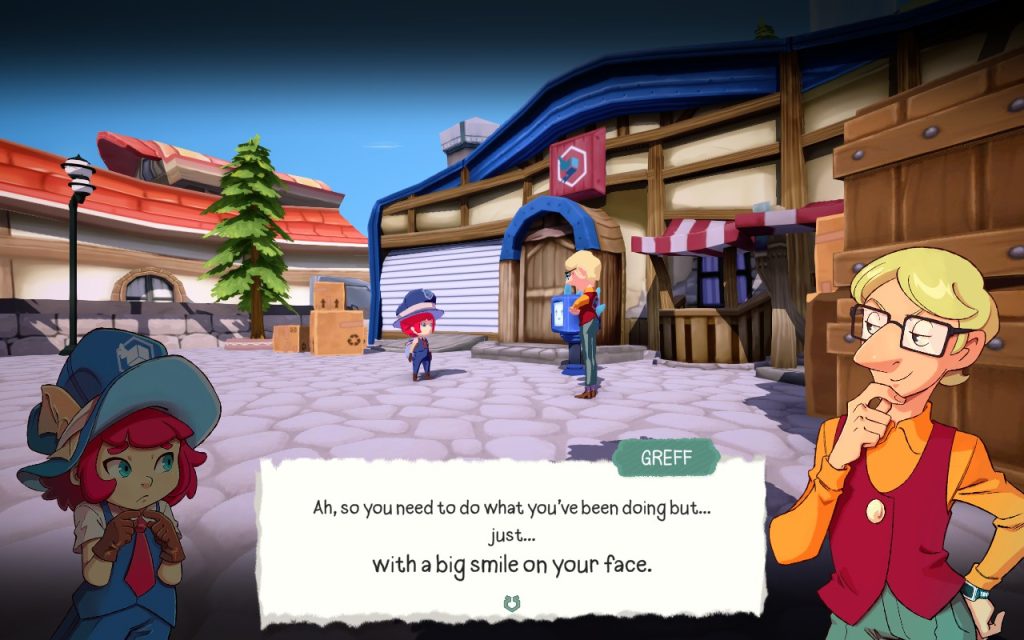
Our heroine Mika, as part of her training as a witch, arrives flying on her broomstick to the island of Mont Gaun to apprentice alongside the oldest witch who resides in the lighthouse that dominates the top of the high and steep mountain in the centre of the island. Her mentor, however, following a controversial pedagogical method, precipitates her from the summit and the little girl ends up in the hamlet at the foot of the mountain where she has to work contractually as a courier to maintain and repair her broom, which was broken by the fall. Translated with DeepL.com (free version)
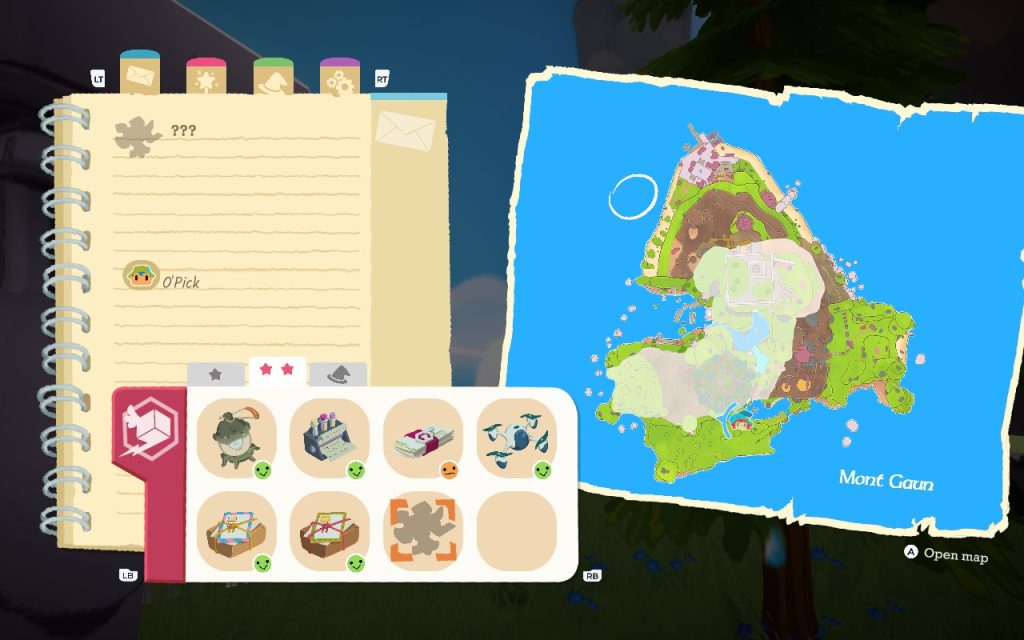
In its basic mechanics the game works as a traditional 90's 3D platformer. The goal is to deliver customers' packages from point A to point B on behalf of the underhanded delivery company manager who hires the young witch. Mika can make deliveries by walking or with her broom that flies with a constant downward trend. To get somewhere higher or faster she must use air currents and gradual platforming. When a delivery is completed customers rate the service provided according to whether their parcel was hit or got wet in transit. At the end of each day Mika returns with her delivery tab to her boss to be paid and subsequently use her accruals to upgrade her broomstick. As a new day breaks, equiped better she can reach previously inaccessible places and carry more parcels. Her ultimate goal is to climb back to the top and ask her mentor to be to explain her behavior. The basic mechanics are simple and retro based with no intention of anything innovative or radical. Broomstick flying initially seems somewhat clumsy but eventually provides a sense of enjoyment once the techniques of landing on the target and flowing through the wind are mastered. A clear inspiration to the central idea of climbing and the use of air currents is the beautiful A Short Hike and to a lesser extent the iconic Wind Waker.
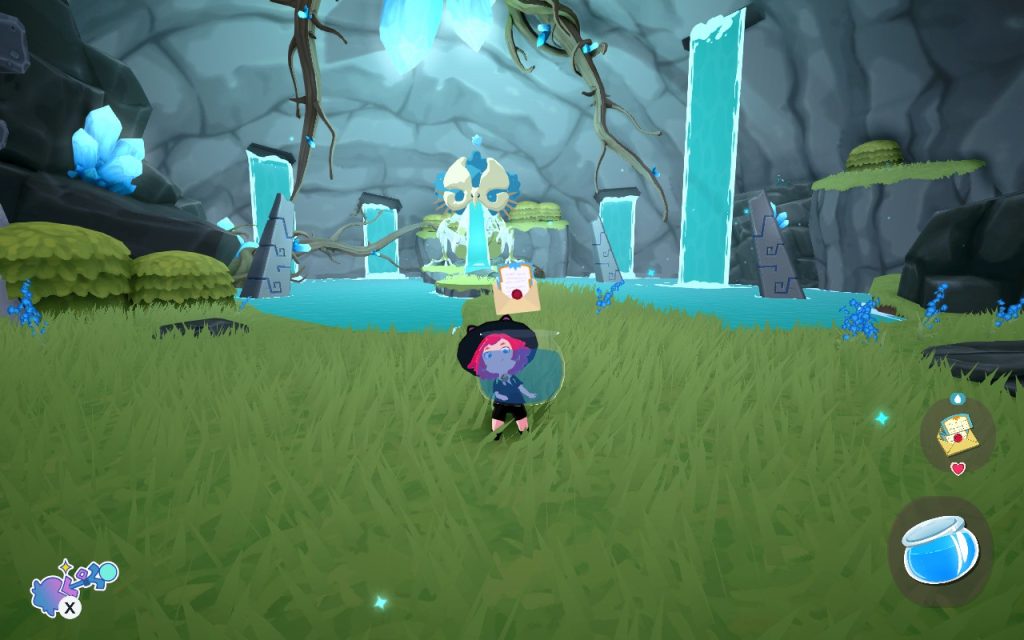
It's impossible not to mention Wind Waker in relation to Mika's adventure, but in terms of gameplay they are completely different things. The similarity is limited to the aesthetics, where the developers opted for Cel Shading and the predominance of a bright blue-green palette.
So let's get down to what the game is about beyond its obvious references to other intellectual works. Mika is a very simple platform, whose main goal is to offer 2-3 cozy game sessions in which the goal is not performance but relaxation. In my opinion it is an ideal title to enjoy in the company of a younger player (child, nephew) and share platforming and story explanation - unfortunately there is no Greek translation. However it also works standalone for Ghiblicore hunters of any age. When I started it I wondered if it would delve into the key themes that the Ghibli studio's films touch on, namely the process of industrial production, the technology/production dichotomy and, in the case of Kiki's Delivery Service, the very nature of work and its effects on body and mind. I was pleased to see that the developers did not skip over this very important element of the original medium from which they drew inspiration.
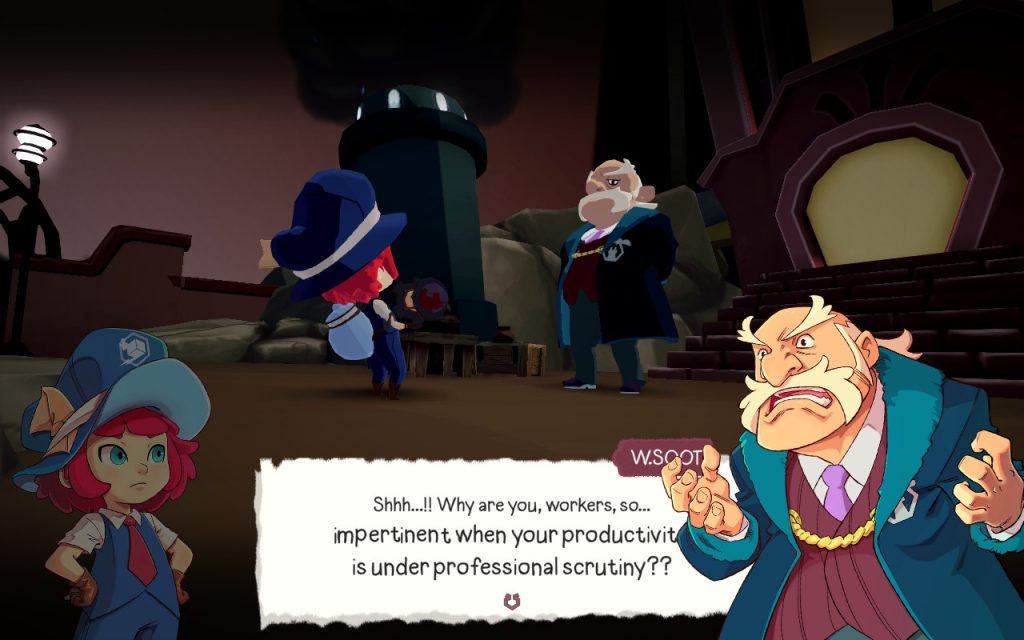
Bringing the issues to today, they chose to adress hustle culture and the whole gig economy of delivery in a humorous but quite lively way. Through short quotes in Mika's dialogues the issues of fair pay for employees, employer gaslighting under the guise of mentoring, the absence of separation of working and leisure time are touched upon. Beyond these, by interacting with the villagers, Mika gradually develops relationships with them through her deliveries and brings together a community, something that was not in her original job description. These themes emerge from short dialogues with an admirable economy of text. And yes, I say text because for better or worse the game has no recorded dialogue but only text with some character exclamations, apparently due to budget constraints. Nevertheless, the musical score is of high quality (the composer of the music for the aforementioned A Short Hike is involved, among others). Depending on the part of the map we are in, a corresponding theme music plays. However, occasionally the music stops and for a while, until the theme of the area we are in starts again, a silence prevails. This is where the sound mixing seems to need work.
Limited resources are also evident in the flow of chapter action in the game. While it starts off quite dynamically, it makes an abrupt climax and is driven to the end with some haste. This is partly due to the fact that the release is under Early Access and some side quests about the island and its mysteries are planned to be added later. Beyond the main story there are a few unlockables such as costumes and other collectibles that bring the engagement time for full completion to around 5-6 hours.
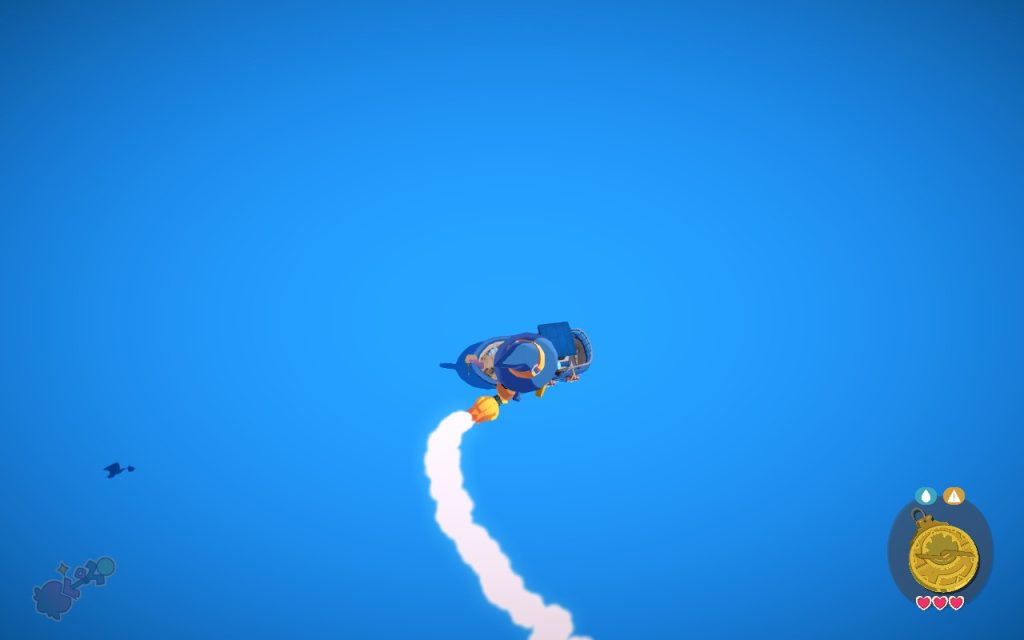
In conclusion, Mika and the Witch's Mountain is an aesthetically pleasing title from Spanish studio Chibig that respects and converses with the original medium from which it draws inspiration. It's a short coming of age adventure that elegantly touches on labor without reaching the point of becoming a manifesto. I'd recommend keeping it on your wishlist for the right time.






Rating - 76%
76%
Cozy platforming for fans of the Ghibli studio aesthetic with a clever commentary on the condition of labor
